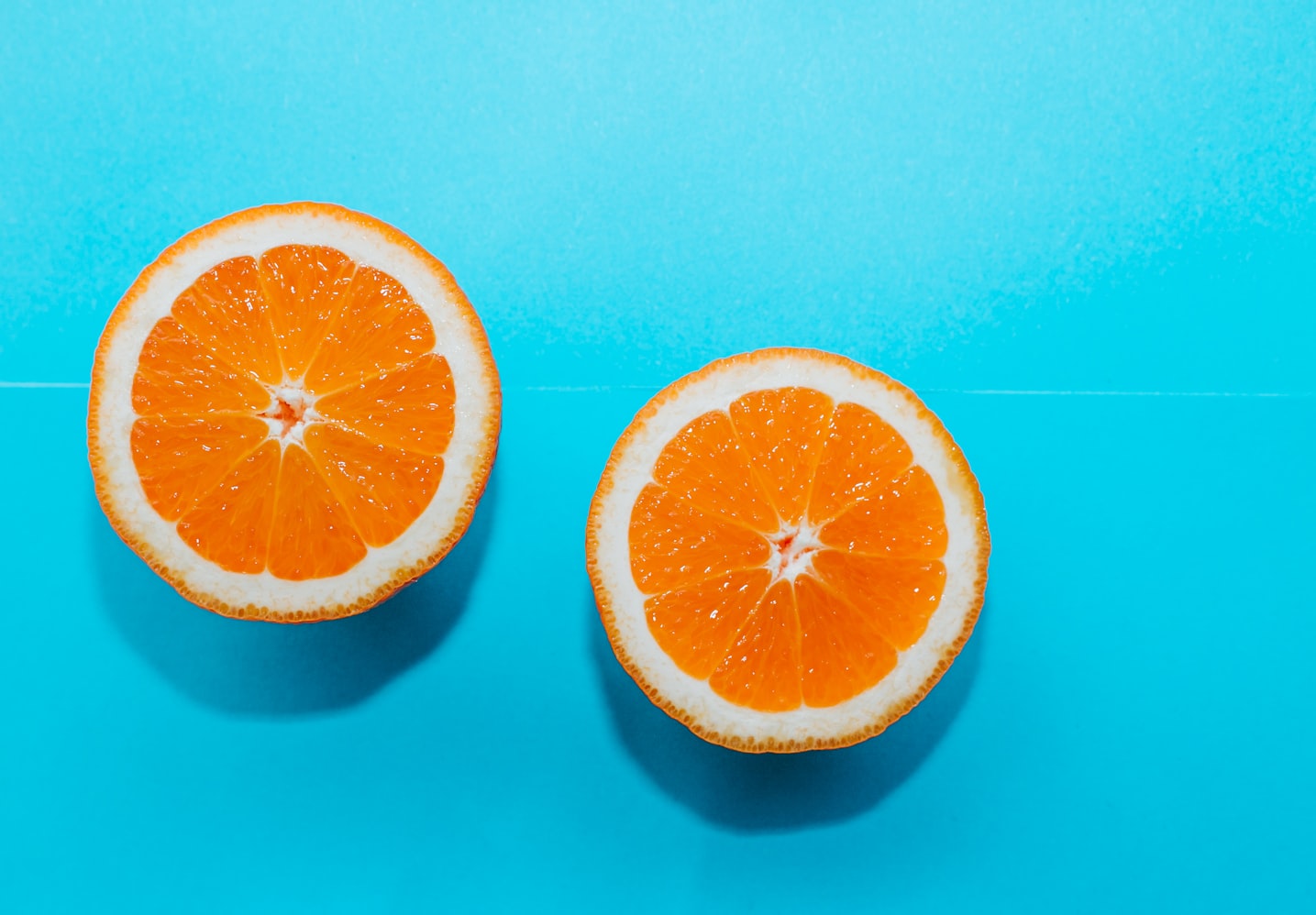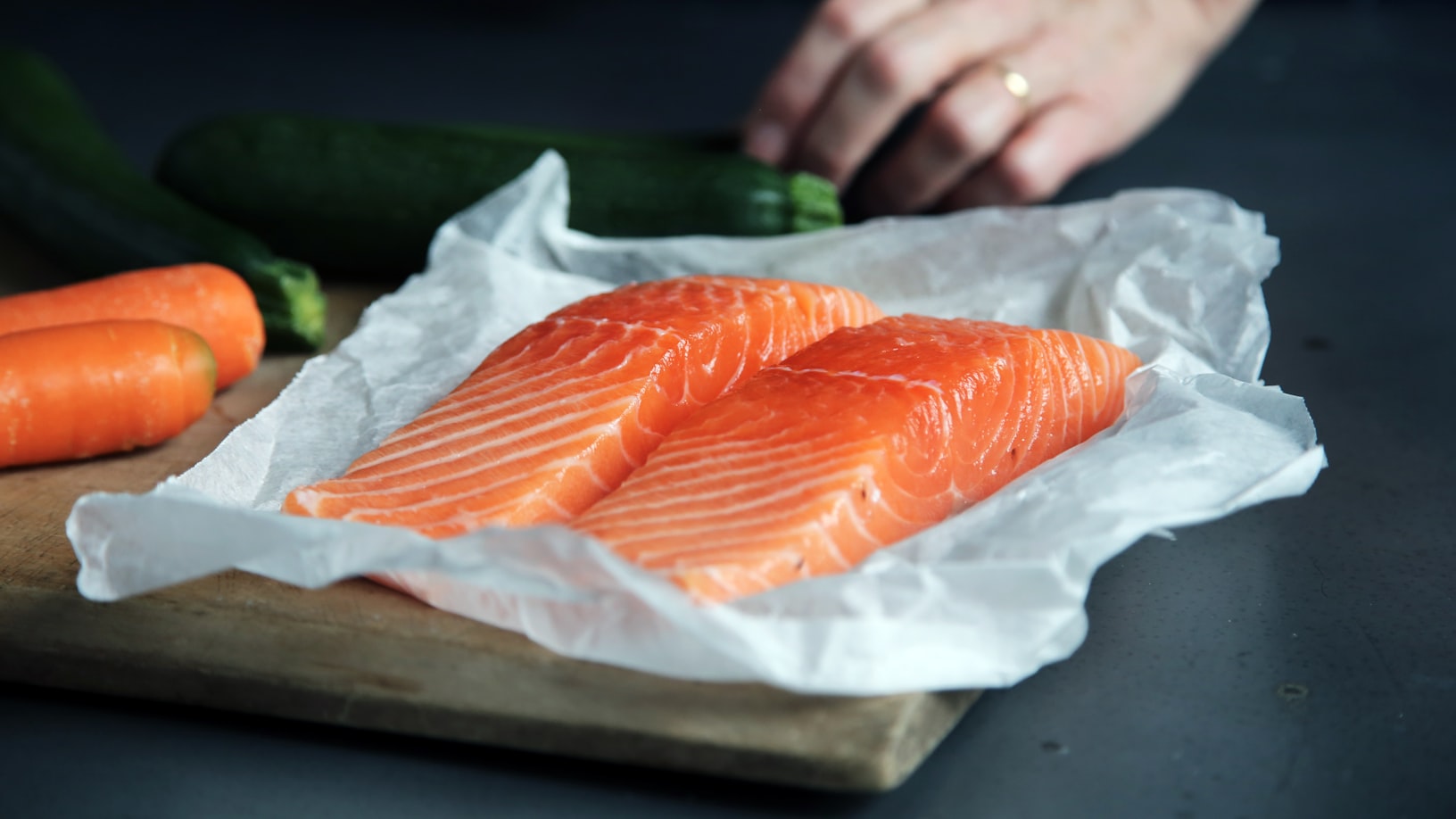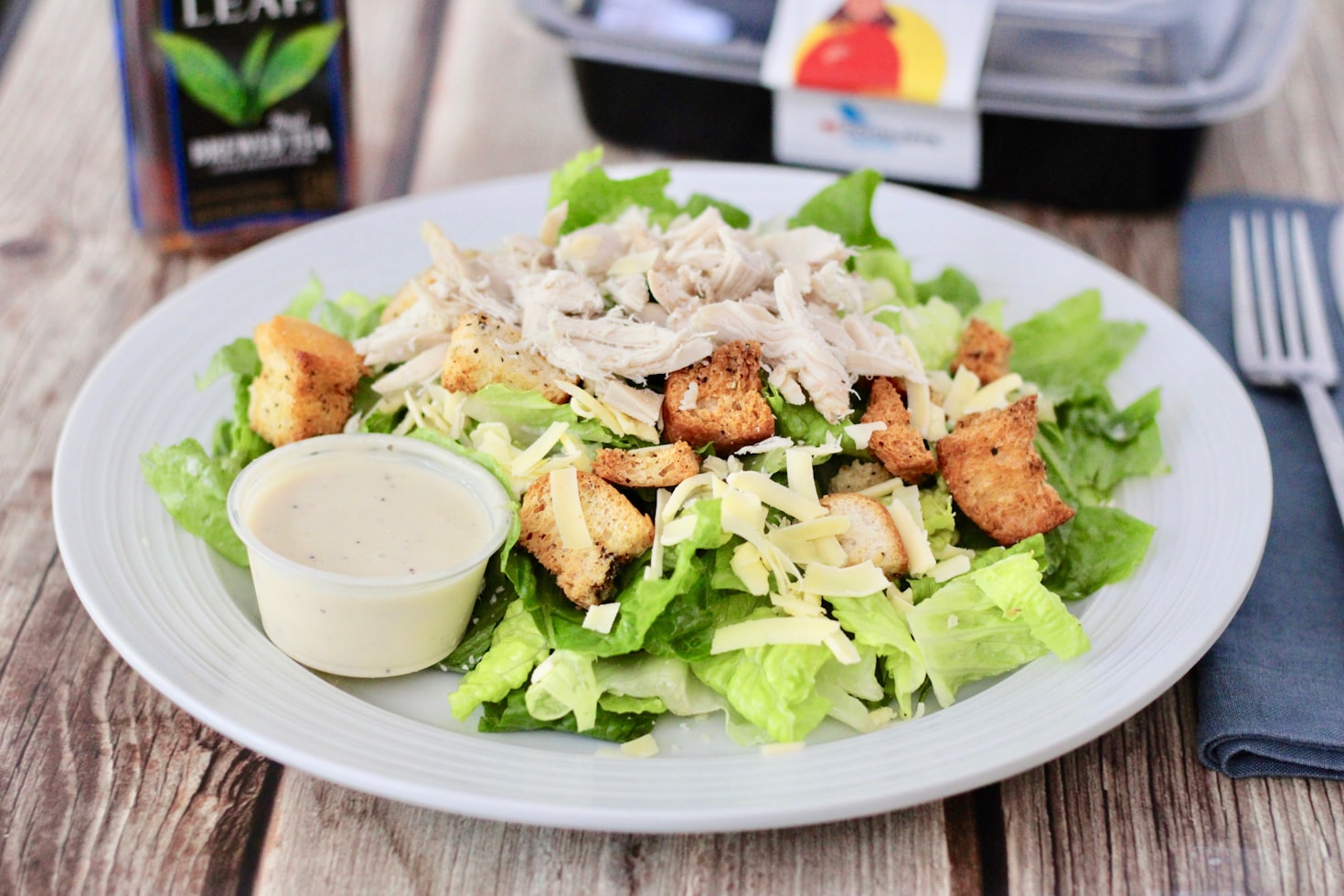Best Keto Fiber Supplement
Following a ketogenic diet can be highly beneficial for weight loss and overall health. However, one common challenge faced by individuals on a keto diet is getting enough fiber. Fiber is essential for maintaining a healthy digestive system, promoting regular bowel movements, and supporting overall gut health. Fortunately, there are several keto-friendly fiber supplements available in the market that can help individuals meet their daily fiber requirements. In this article, we will explore the best keto fiber supplements and their benefits.
The Importance of Fiber on a Keto Diet
Fiber plays a crucial role in maintaining a healthy digestive system. It adds bulk to the stool, promotes regular bowel movements, and prevents constipation. Additionally, fiber helps regulate blood sugar levels, lowers cholesterol levels, and aids in weight management by promoting a feeling of fullness.
However, on a ketogenic diet, where the focus is on consuming low-carbohydrate foods, it can be challenging to meet the recommended daily fiber intake. Most high-fiber foods, such as fruits, grains, and legumes, are restricted on a keto diet due to their high carbohydrate content. Therefore, incorporating a keto fiber supplement becomes essential to ensure adequate fiber intake.
Top Keto Fiber Supplements
1. Psyllium Husk Powder: Psyllium husk powder is a popular keto fiber supplement. It is derived from the seeds of the Plantago ovata plant and is rich in soluble fiber. Psyllium husk powder absorbs water in the digestive tract, forming a gel-like substance that aids in regular bowel movements. It also helps control blood sugar levels and promotes a feeling of fullness.
2. Chia Seeds: Chia seeds are another excellent source of fiber for individuals on a keto diet. They are rich in soluble and insoluble fiber, which helps promote healthy digestion and regulate bowel movements. Chia seeds also provide essential omega-3 fatty acids and are a versatile ingredient that can be added to smoothies, yogurt, or used as a topping for salads.
3. Flaxseed: Flaxseed is a low-carb and high-fiber keto-friendly supplement. It is rich in both soluble and insoluble fiber, making it beneficial for digestive health. Flaxseed also contains omega-3 fatty acids, which have anti-inflammatory properties and support heart health. Ground flaxseed can be added to baked goods, smoothies, or used as a thickening agent in recipes.
4. Acacia Fiber: Acacia fiber is a soluble fiber supplement derived from the sap of the Acacia senegal tree. It is a gentle and well-tolerated fiber source that helps support healthy digestion and regular bowel movements. Acacia fiber also acts as a prebiotic, nourishing the beneficial bacteria in the gut and promoting gut health.
5. Inulin: Inulin is a type of soluble fiber found in many plants. It is not digested by the body but instead acts as food for the beneficial bacteria in the gut. Inulin helps promote a healthy gut microbiome, supports regular bowel movements, and aids in weight management. It can be found in supplement form or naturally in foods like chicory root.
Benefits of Keto Fiber Supplements
1. Improved Digestive Health: Keto fiber supplements help promote healthy digestion by adding bulk to the stool and preventing constipation. They support regular bowel movements and reduce the risk of digestive disorders such as diverticulitis and hemorrhoids.
2. Weight Management: Fiber supplements promote a feeling of fullness, which can help reduce calorie intake and support weight loss efforts. They also regulate blood sugar levels, preventing spikes and crashes that can lead to cravings and overeating.
3. Heart Health: Certain fiber supplements, such as flaxseed and chia seeds, contain omega-3 fatty acids that have been shown to support heart health. These fatty acids help reduce inflammation, lower cholesterol levels, and improve overall cardiovascular function.
4. Gut Health: Keto fiber supplements act as prebiotics, nourishing the beneficial bacteria in the gut. A healthy gut microbiome is essential for proper digestion, nutrient absorption, and a strong immune system.
Frequently Asked Questions (FAQ)
- 1. Can I get enough fiber from food alone on a keto diet?
- 2. How much fiber should I consume on a keto diet?
- 3. Are there any side effects of taking keto fiber supplements?
- 4. Can keto fiber supplements kick me out of ketosis?
- 5. Can I take multiple keto fiber supplements together?
- 6. Are there any alternatives to keto fiber supplements?
While it is possible to get some fiber from low-carb vegetables and nuts, it can be challenging to meet the recommended daily fiber intake solely through food on a keto diet. Incorporating a keto fiber supplement can help ensure adequate fiber intake.
The recommended daily fiber intake for adults is around 25-30 grams. However, individual needs may vary. It is best to consult with a healthcare professional or a registered dietitian to determine the appropriate fiber intake for your specific needs.
Some individuals may experience mild digestive discomfort, such as bloating or gas, when first incorporating fiber supplements into their diet. It is recommended to start with a small dosage and gradually increase it to allow the body to adjust.
Keto fiber supplements, especially those derived from natural sources, are generally low in net carbs and should not significantly impact ketosis. However, it is essential to check the nutritional information and choose supplements that fit within your daily carbohydrate limit.
Yes, it is possible to combine different keto fiber supplements to meet your specific fiber needs. However, it is advisable to start with one supplement at a time and gradually introduce others to assess their individual effects on your digestion.
If you prefer to obtain fiber from whole foods, you can incorporate low-carb vegetables such as broccoli, cauliflower, and spinach into your diet. Additionally, nuts and seeds like almonds and sunflower seeds are also good sources of fiber.
Summary
Meeting the daily fiber requirements on a ketogenic diet can be challenging, but it is crucial for maintaining a healthy digestive system and overall well-being. Incorporating keto fiber supplements such as psyllium husk powder, chia seeds, flaxseed, acacia fiber, and inulin can help individuals on a keto diet meet their fiber needs. These supplements offer numerous benefits, including improved digestive health, weight management,





